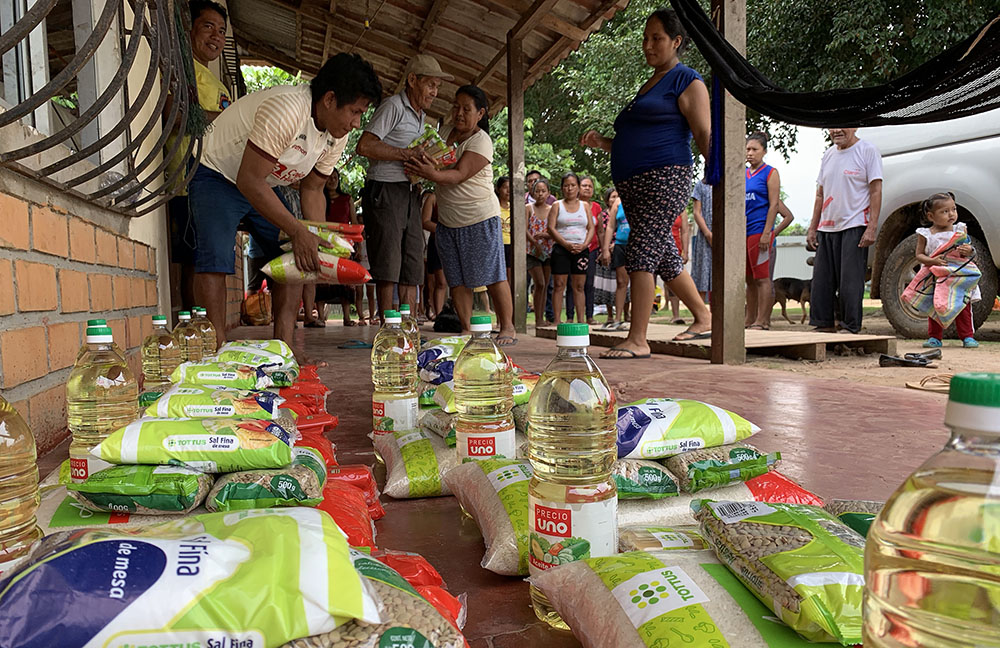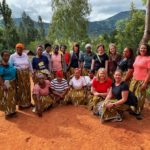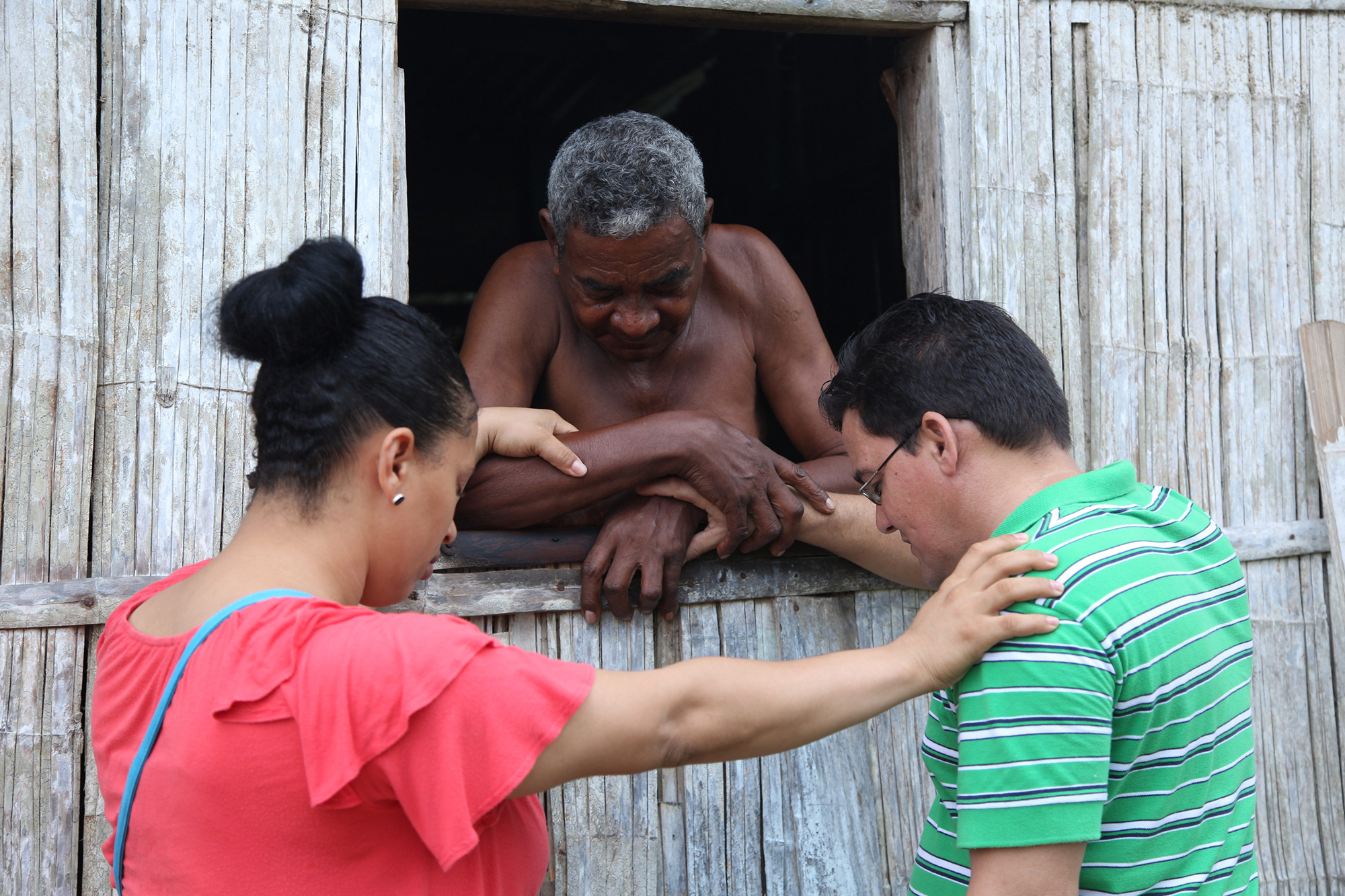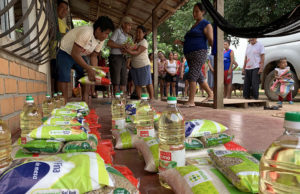
ALPHARETTA, Ga. (BP) – Send Relief is among compassion ministries responding to hunger concerns in the U.S. and globally which have been exacerbated by the COVID-19 pandemic.
The Southern Baptist compassion ministry has helped an estimated 700,000 people or more in 60 countries since the pandemic began, Send Relief told Baptist Press.
“Hundreds of millions of people around the world were already suffering from hunger and malnutrition even before COVID-19, but the pandemic has turned this into a massive human crisis,” Send Relief President Bryant Wright said. “Responding to food needs is a priority for us at Send Relief, and we’re so thankful for the help and incredible generosity of Southern Baptist churches.”
Among its numerous outreaches, Send Relief responded to families in need in the U.S. and Puerto Rico, and in Beirut after the Aug. 4 explosion, coordinating work through Send Relief ministry centers and with ministry partners and churches.
According to the Food and Agricultural Organization of the UN (FAO), supply chain interruptions and increased consumer demand have increased food costs and exacerbated the severity of food insecurity for 820 million people. Child hunger and malnutrition were expected to rise as school closures impacted 1 billion children, the U.S. Global Leadership Coalition reported in July, including 85 million in Latin America and the Caribbean and 9 million in South Africa.
International agencies including UNICEF, the World Health Organization (WHO), the United Nations World Food Program, the FAO and others have tracked hunger and food insecurity in several countries and regions. Numbers increasingly show that dire predictions issued last spring are becoming reality.
The World Food Program estimates an 82 percent increase in acute hunger in the 80 countries it serves in the Caribbean, Latin America, Africa, Europe and Asia, totaling around 270 million people. Based on factors including countries requesting aid, the World Food Program reported in July a 200 percent increase in food vulnerability in Latin America, a 135 percent increase in West and Central Africa, and a 90 percent increase in Southern Africa. In response, the agency said it hopes to provide aid to 138 million people this year, up from 97 million in 2019.
The World Food Program identified 27 “acute food insecurity hotspots” – countries at risk of deteriorating food conditions through 2020. The list included Haiti, Guatemala, Honduras, El Salvador, Nicaragua, Venezuela, Somalia, South Sudan, Ethiopia, Nigeria, Sierra Leone, Liberia, Burkina Faso, Mali, Niger, Cameroon, Zimbabwe, Mozambique, Central African Republic, Democratic Republic of the Congo, Yemen, Syrian Arab Republic, Sudan, Iraq, Lebanon, Afghanistan and Bangladesh.
The FAO Regional Office for Asia and the Pacific convened a four-day virtual conference of 46 nations Tuesday (Sept. 1) focused on tackling regional hunger during the pandemic.
Based on numerous reports, global hunger was on the rise before COVID-19. Africa suffers the highest levels of food insecurity, but the highest increases are occurring in Latin America and the Caribbean, driving global food insecurity from 22.9 percent in 2014 to 31.7 percent in 2019, according to The State of Food Security and Nutrition in the World, a joint report from five agencies including UNICEF, the World Food Program, the FAO.
Of 2 billion people who were food insecure in 2019, 1.03 billion are in Asia, 675 million are in Africa, 205 million are in Latin America and the Caribbean, 88 million are in North America and Europe, and 5.9 million are in Oceania.
























